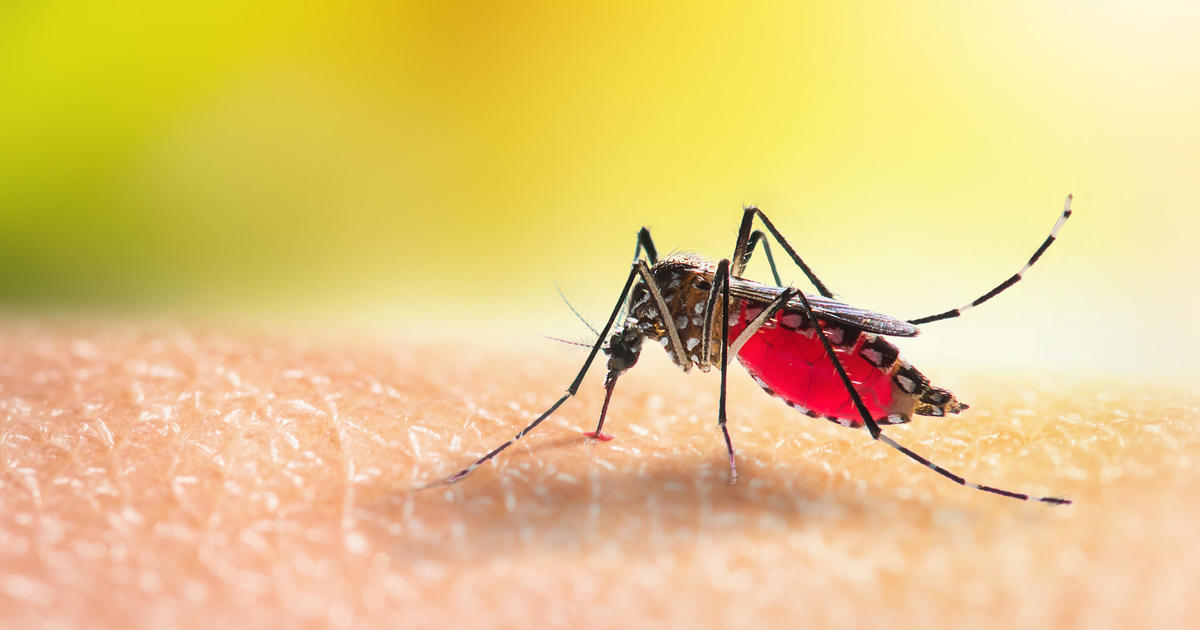How Does Soap Work?
MINNEAPOLIS (WCCO) -- There's a constant reminder as we approach the height of flu and cold season -- wash your hands with soap.
That has Dan from Blaine wanting to know: how does soap work? Good Question.
"Soap is important," says Dr. Caitlin Eccles-Radtke, an infectious diseases specialist at Hennepin Healthcare.
In one study conducted in rural Bangladesh, researchers found a baseline of 12.5-percent of kids having diarrhea. That was cut to 6.9-percent when they washed their hands with just water. It went down to 3.7-percent when they also used soap.
Most people know that oil and water don't mix, which is why only using water doesn't do the proper job. According to W. Stephen McNeil, an Associate Professor in the Department of Chemistry at UBC Okanagan in British Columbia, soap essentially creates little balls that trap the dirt and oil, while still allowing them to move through the water. That way, when someone rinses off the soap, all of the junk that soap collected goes with it.
McNeil also points out soap kills germs, whether or not it says antibacterial. It does so by breaking the cell wall of the bacteria.
The general recommendation from the Centers for Disease Control and Prevention for handwashing with soap is 20 seconds.
"We always tell people-- especially kids, but adults could do it too-- to sing the alphabet slowly," says Dr. Eccles-Radkte.
She says people don't have to wash their hands every time they touch something, but should do it after using the restroom, before eating or preparing food, after changing diapers or touching the trash and after sneezing or rubbing your nose.
"If you look at all the literature and medicine, handwashing is the most important thing," says Dr. Eccles-Radkte.



